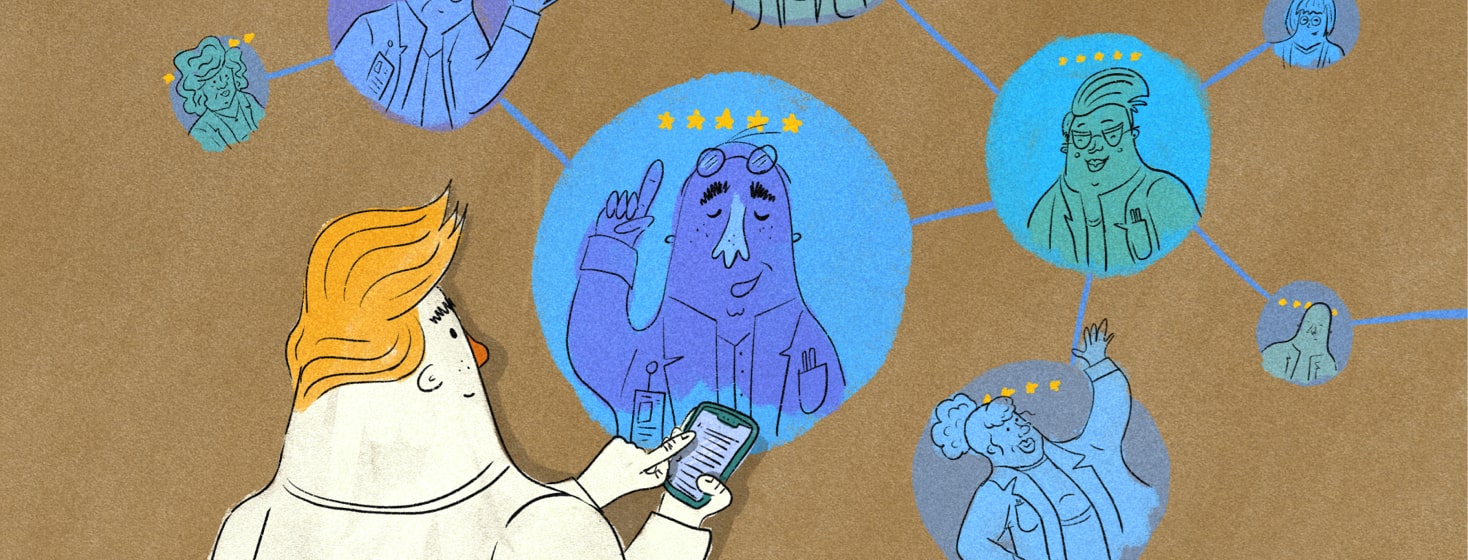What to Do if You Are Misdiagnosed or Undiagnosed
Some people collect coins, stamps, or rocks. Most lupus patients collect misdiagnoses, unfortunately against our will. By the time I was finally diagnosed with lupus at age 22, I had already been misdiagnosed with pregnancy, bipolar disorder, schizophrenia, Lyme disease, thyroid disease, depression, and every lupus patient's least favorite misdiagnosis: "it's all in my head." Nearly half of all lupus patients are given incorrect diagnoses before being diagnosed with lupus.1 https://www.lupus.org/news/study-reveals-shockingly-high-rates-of-incorrect-lupus-diagnosis
What should you do if you are undiagnosed, think you might have been misdiagnosed, or if you feel like your doctor isn’t listening? Below are some tips to help you get the medical help you need.
Do your own lupus research
These days, the phrase "do your own research" conjures images of your crazy uncle falling into an internet wormhole, then crafting a hat out of tin foil while sending you YouTube videos about lizard people who secretly rule the world. But doing your own research by visiting reputable medical websites when you are ill can help you better understand your symptoms. Reading up on what tests are required to diagnose conditions that match your symptoms, then asking your doctor to run those tests, can help you find out what condition you might have.
Lupus.org, the Mayo Clinic, and the National Institute of Health are all helpful resources – no tin foil required.
Docotor-diagnosis search
When we first become sick, we expect that any doctor will be qualified to diagnose us. It is a baseline expectation that any doctor will listen to us, take us seriously, and run tests. Sadly, this is not the case for many patients. This is especially true for women, according to a New York Times article that I found. I have many painful memories of visiting doctors I hoped would help me when I struggled, only to minimize my pain.
When I was visiting doctor after doctor in search of a diagnosis, one of my grad school teachers gave me excellent advice.
"Do you know how good musicians tend to work with each other and bad musicians tend to work with each other?" My teacher was an amazing musician who played with a major symphony. Like most musicians, I played an instrument since a young age, and the music world was all I knew – which is why she used a music metaphor to explain.
"Find a doctor you think is good. Then ask for referrals to other doctors she recommends," my teacher suggested. This method of finding doctors has worked for me for many years.
Research your doctor before the first visit
I do not mean to find your doctor's house and sit outside with a pair of binoculars like Nancy Drew. However, looking at a doctor's Healthgrades ratings before making an appointment with her can save you time and frustration. Do other patients give this doctor good ratings? Do they listen and take concerns seriously? Do not just look at the stars for each doctor. Read the reviews to see the full picture. I have found that the most empathetic doctors are the ones who are rated lowest in the category "starting on time."
Find a community of chronically ill or undiagnosed people
Some of the smartest advice I have received about managing life with a chronic illness has come from people who have lived with health problems for much longer than I have—joining a message board, Facebook group, or website for undiagnosed patients, chronically ill patients, or people who are living with a disease you think you might have can provide valuable information as well as emotional support.
Do not give up
The years I spent undiagnosed were among the most discouraging of my life. There were many times when I wanted to give up searching for answers. Eleven years after I was finally diagnosed with lupus, I am thankful that I kept going to doctors and insisting they run tests. During the difficult period of pursuing a diagnosis, be sure to take time to rest and talk to friends and family for support. Most importantly, never stop searching for the help you need, because you deserve to be healthy.

Join the conversation